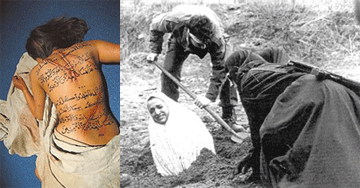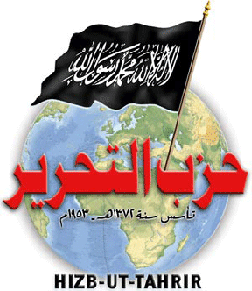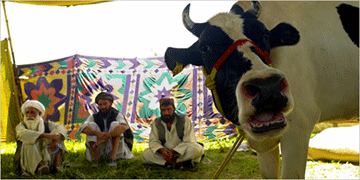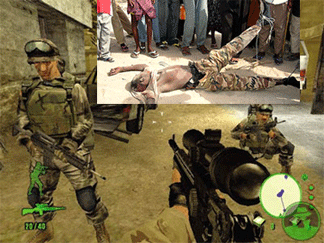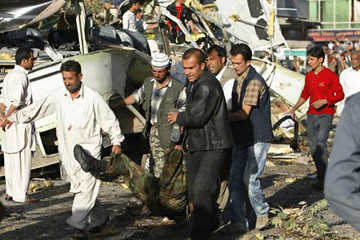
Tomorrow I am scheduled to teach a class on the political advice of Niccolo Machiavelli, some five centuries removed. If this noted Florentine were alive today, he would probably display an unseemly Italian gesture at the political disarray of his beloved Italy and the ineptness of the world’s remaining superpower’s involvement to his geographic Orient. Can you imagine this advice in an updated edition of The Prince: when in doubt or unwilling to act, form a study group. Just over a year ago we had the highly touted and now conveniently shelved Iraq Study Group. The media touted the prominent bipartisan members, the report was available free to the public, and the sitting President more or less brushed aside any recommendation that did not flatter him. This would no doubt please Machiavelli’s realism. He just surged ahead, sending more troops rather than admitting a flawed policy in the first place.
Each day the news media report suicide bombings, now more commonly in Pakistan and Afghanistan. For some this might mean the surge is working. But what about the surge in violence outside Iraq, especially in Afghanistan, the place it all started. Somebody forgot to form a study group for Afghanistan, but now we have it. Continue reading What is There to Study?

